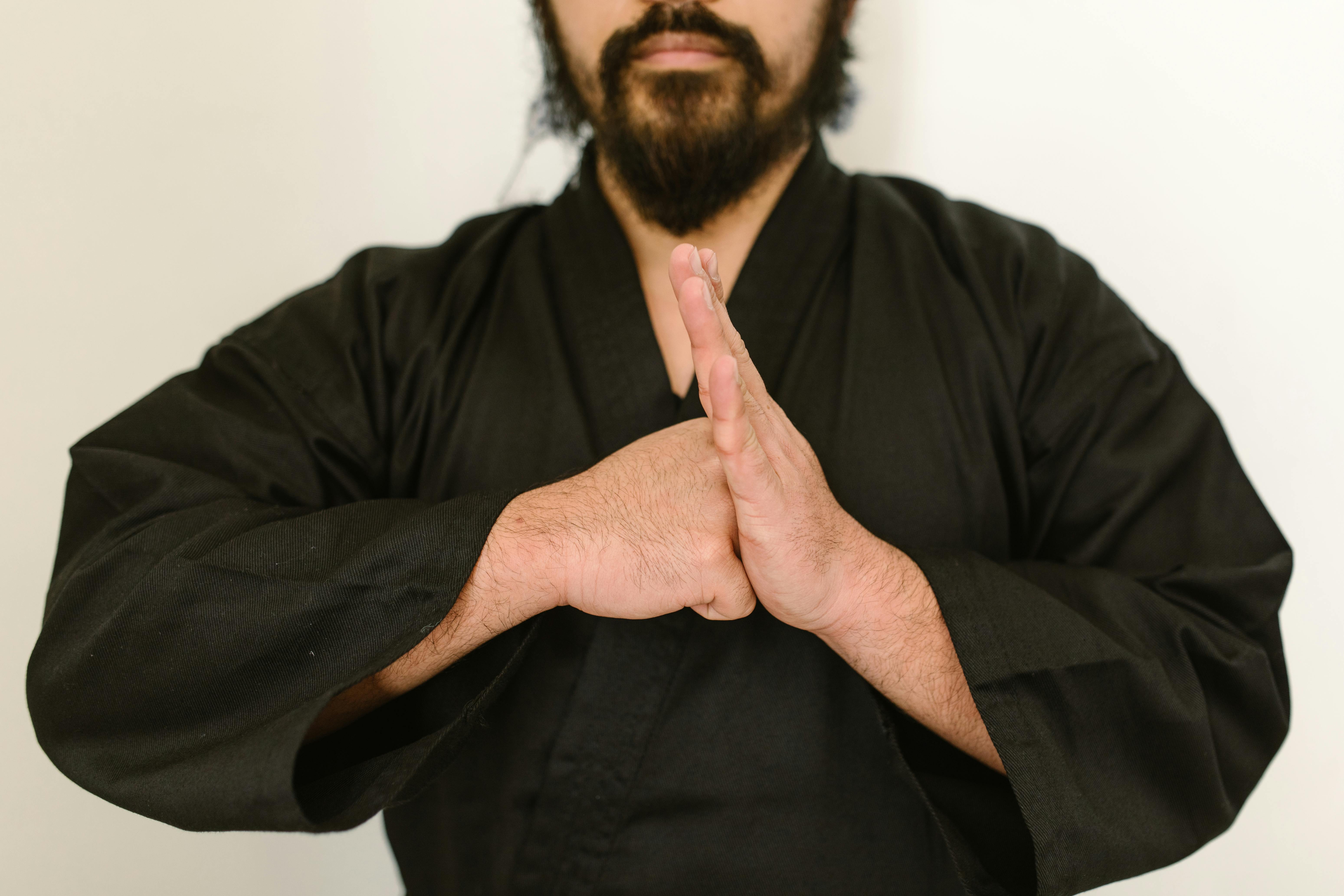No one dies without making an impression,
and those close to the deceased inherit part of those released
soul and enrich himself in his humanity.
Hermann Broch (1886-1951)
The center of the funeral and the conclusion of the period of public mourning after a death is the eulogy, a funeral speech about the person who died. The purpose of the eulogy is to honor the deceased as a distinct individual, with unique talents and gifts, who will live on in the memory of those who loved them. Praise allows family and friends to say goodbye to their loved one and acknowledge the gift they shared in being touched by their life.
Although being asked to give a eulogy is a true honor, if you are the chosen one, you may find yourself feeling anxious about the task ahead. Perhaps you are not used to speaking in public, and the mere thought of speaking in front of a crowd makes you nervous. Or maybe you are unsure of your ability to control your emotions as you share memories of your loved one.
While such responses are quite common, there’s really no cause for concern. The audience for your funeral speech could not be more understanding and welcoming, and your deep feelings for the deceased person will make for a powerful eulogy. You are not expected to express the thoughts and feelings of everyone present, nor to give a detailed account of the deceased’s life. All you have to do is write and speak from your heart, and let your audience relate to your memories and emotions.
A word about the content
The most defining characteristic of a good compliment is that it is personal. Include in your eulogy memories and anecdotes that best describe the deceased from their perspective.
Try to avoid talking about the details of the death and instead focus on the life of the deceased. Recognize important people and achievements in his life. If you find meaning in a poem, reading, or quote that reminds you of your loved one, consider sharing it in your eulogy.
Should you include humor?
People often wonder if it’s appropriate to include humor in a eulogy. Tasteful humor relieves stress and anxiety, and will almost certainly be well received by funeral guests. Think about your favorite memories of the people you love; chances are many of those memories are based on fun events. However, be sure not to include anything that might offend or embarrass. If you have any questions about a particular story you’d like to share, get an honest opinion from someone close to the family.
The following tips will guide you through the process of writing and delivering your eulogy.
writing the eulogy
- Focus. Don’t let worry about delivering the eulogy interfere with your writing. Put aside her fear for now and focus on the life of the person who died and what you want to tell her friends and family about her.
- Reflect. Before you start writing, choose a setting that is conducive to creative thinking, such as a park or a candlelit room, and take half an hour to reflect on your loved one.
- Capture your thoughts. Freely jot down the thoughts, memories, stories, and feelings that come to mind. Don’t censor yourself at this point.
- Seek inspiration. Listening to music or looking at pictures can bring a flood of ideas. Inspirational quotes and condolence poems can spark creative thinking or provide material to share in your eulogy. Ask others to share their favorite memories of the deceased with you.
- Draft. Write the eulogy from beginning to end. Remember, this is a draft – let your ideas flow. Then get away from your work for at least a couple of hours.
- Polish and edit. Check your work. Read the eulogy aloud to yourself. Listen to how their ideas flow and correct any awkward builds. Also, look for opportunities to use more precise descriptive words to convey your thoughts and feelings.
delivering the eulogy
- Get feedback. Ask another person to listen as you read the eulogy two or three times. The first time, ask for feedback, then read the eulogy again after reviewing it. Being prepared is one of the most effective ways to relieve anxiety.
- Relax and deliver the eulogy. Talk to your audience as if they were all sitting in your living room. If you feel nervous at first, stop and take a deep breath. Similarly, if you feel overwhelmed with emotion, take a moment to collect yourself. Try to make eye contact with your audience.
Your eulogy is a loving gift to your fellow mourners, one that will be remembered by many for years to come. By sharing his honest and heartfelt thoughts and memories about his friend or family member who died, he will help begin the healing process ahead for those who are living.



